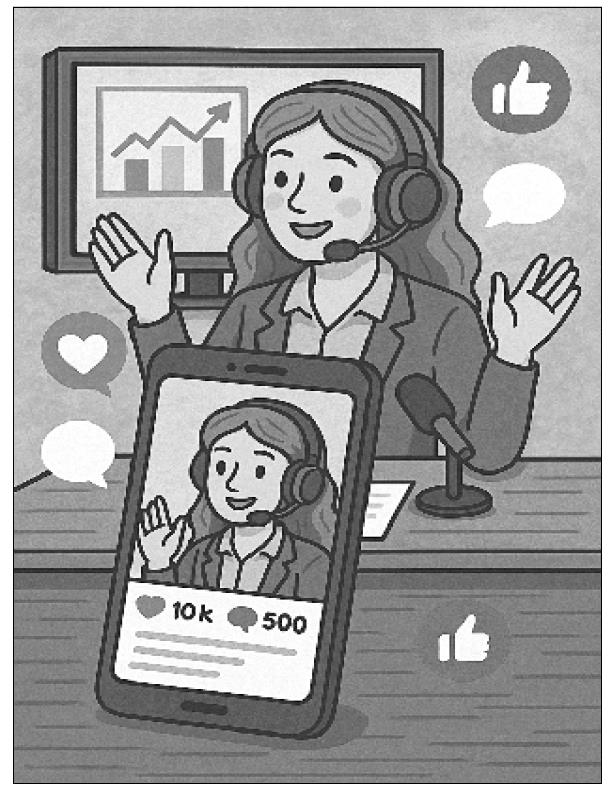So-called analysts
2025-06-24
RÉCENTLY, I watched an episode of `Piers Morgan Uncensored` which featured four panellists sharing their views on the recent Pakistan-India conflict. Among them were former foreign minister Hina Rabbani Khar and Indian journalist Barkha Dutt. Regardless of one`s agreement or disagreement with their views, their credentials in diplomacy and journalism are indisputable.
However, the same could not be said about the other two participants one each from Pakistan and India who were there only because of their large social media followings; the so-called social media influencers. They had no established background in policy affairs, diplomacy or journalism.
This was surely not an isolated case. Both Western and non-Western media platforms are inviting individuals with strong online presence sometimes influencers known for their fashion sense or comedic flair to weigh in on complex subjects, like geopolitics, economics or even science.The world appears to have entered a `post-expert` era of journalism where popularity often trumps proficiency. This trend is alarming and dangerous. It risks spreading misinformation, shaping public opinion with half-truths, and ultimately putting lives at risk. Most people do not verify information, and blindly trust what they see online or on television screens.
This is disastrous.
The need ofthe houristo put true experts those with academic rigour, field experience and sense of professional ethics back into the driver`s seat of public discourse. Only then can we hope to draw a meaningful line between fact and fiction, and ensure that truth, not trend, guides our collective understanding.
Muhammad Arslan Mehmmod Toba Tek Singh




